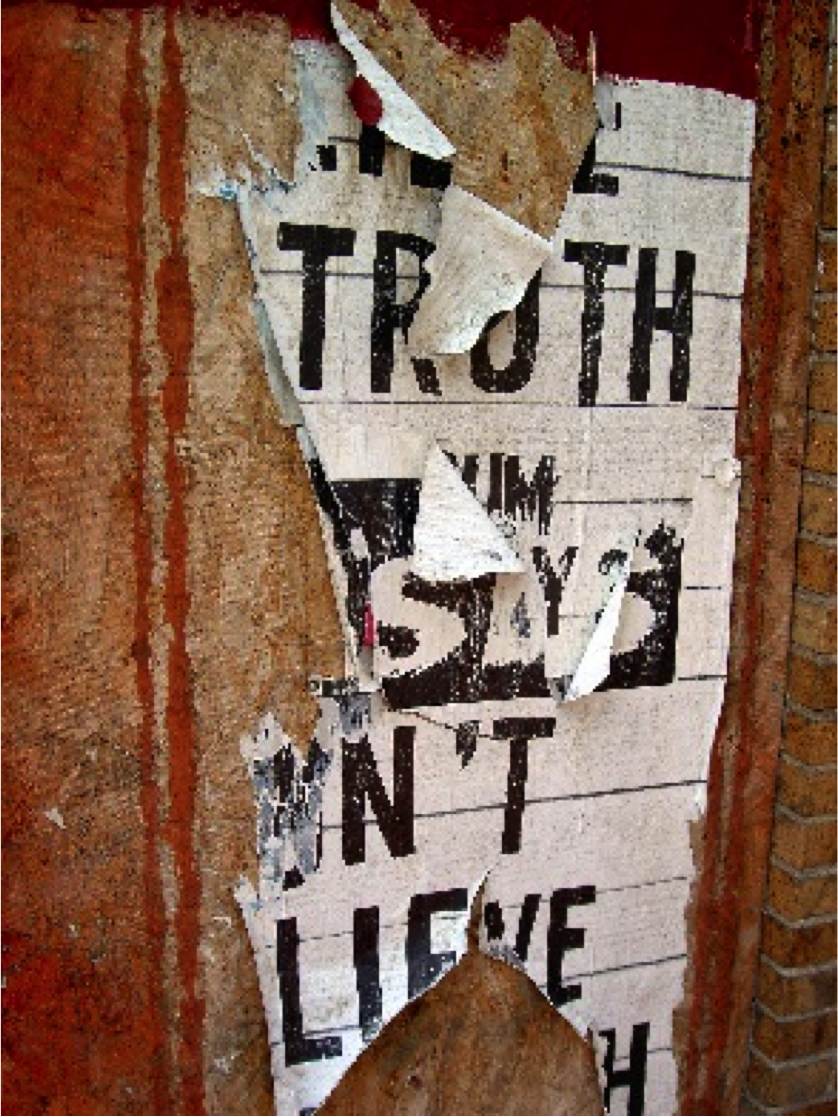Gavin walked into the office on Monday morning with purpose in his stride and a feeling of confidence. It was the start of a new quarter. As a salesperson, Gavin felt the feast or famine pressure of hitting the sales numbers every three months. He just hit the top tier sales quota the previous Friday by $5,000 and was recognized as “the best” among his peers. It was a close one, but he did it. This meant both a nice financial bonus and accolades from the leaders of the company.
While reviewing his past quarter clients in preparation for his next strategic move, Gavin noticed a number discrepancy. He triple-checked what he was seeing and even got confirmation from an associate in accounting. Sweat started forming on his brow, his heart beat increased, and his mind started to race. He had overcharged a client by $10,000 on a project. This discovery meant the bonus and the praise would be taken away. It may even mean “correction” from his manager instead of praise.
Then the thoughts came. “No one knows about this but me. This is a multimillion-dollar company. One little $10,000 overcharge that no one seems to notice or care about could slip by this time. I’d keep my bonus. My wife and I can still go on the vacation we are planning. I’ve been working hard. I deserve this. The client is still getting a great service. I may not have to say a thing. As a matter of fact, this client is getting a great deal. The $10,000 extra charge is really a rate they should be paying.”
Then another voice emerged in Gavin’s mind, “Authentic Honesty.” This is a core value of the company. Authentic Honesty meant speaking the truth even when it is difficult. It meant exposing lies that would compromise your credibility and the credibility of the company. It meant speaking up with an idea that might be counter to other voices. This core value had been set from the day Gavin walked into the company for his first interview and demonstrated numerous times. It was not just a catchy phrase on the wall. Authentic honesty was part of the culture. Gavin could easily recall when top leaders openly admitted to failing. He had witnessed leaders correcting associates when they had not been completely honest. He could even recall a story the CEO shared about failing to speak with authentic honesty and the consequence it had to the business.
Gavin knew the morally correct action to take. He had to speak up to his mistake, apologize to several people, reimburse the client, and return his bonus check.
Gavin’s struggle is not uncommon. The circumstances may be different, but we all face moral decisions every day. One of the powerful factors that guides people to doing morally correct behaviors is the moral culture of an organization. Creating the moral culture is not easy, and it is not a one-time event.
Creating a moral culture is completely dependent on having leaders that inspire people to do the right thing through their consistent influence over time. The moral leaders…
- Identify and set behavior expectations.
- Clearly and creatively communicate these expectations.
- Consistently model and remind people of the correct behaviors.
- Confidently correct immoral behaviors quickly and with tact.
When this type of influence is done consistently overtime, it will establish a culture of doing the right thing even when it is difficult.
Reflections
- How would you describe the moral culture of your organization?
- What type of moral culture would you like to see?
- What influence do you have to establish an even stronger moral culture?




